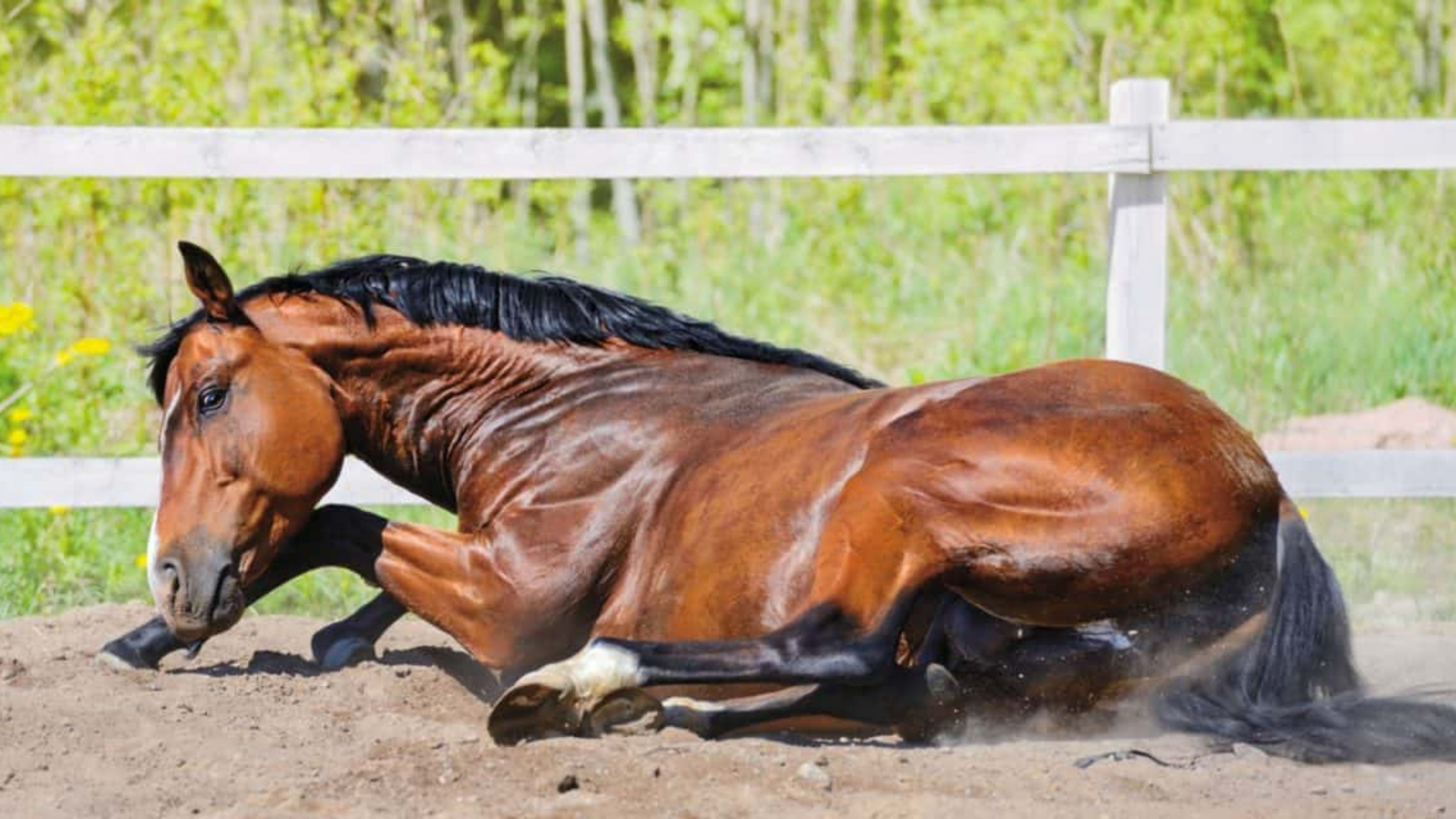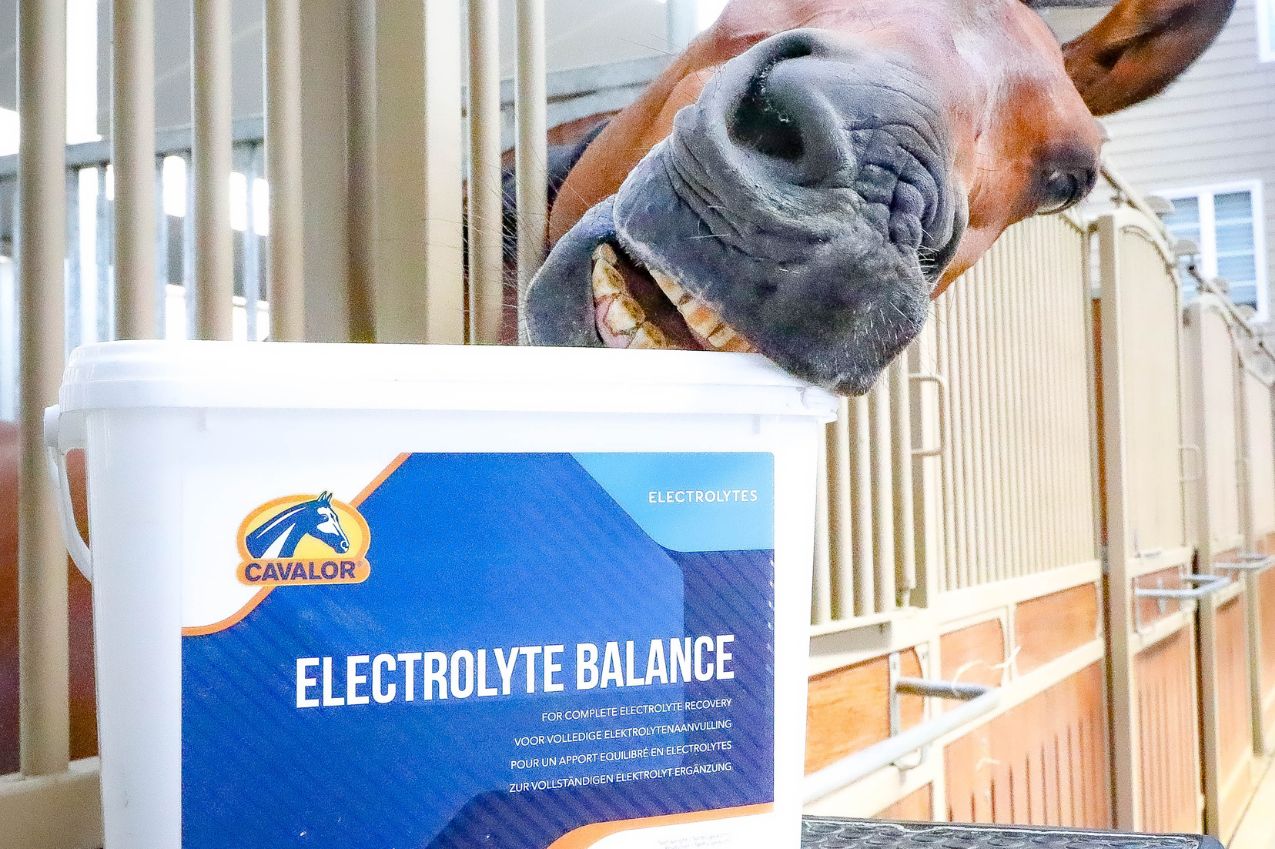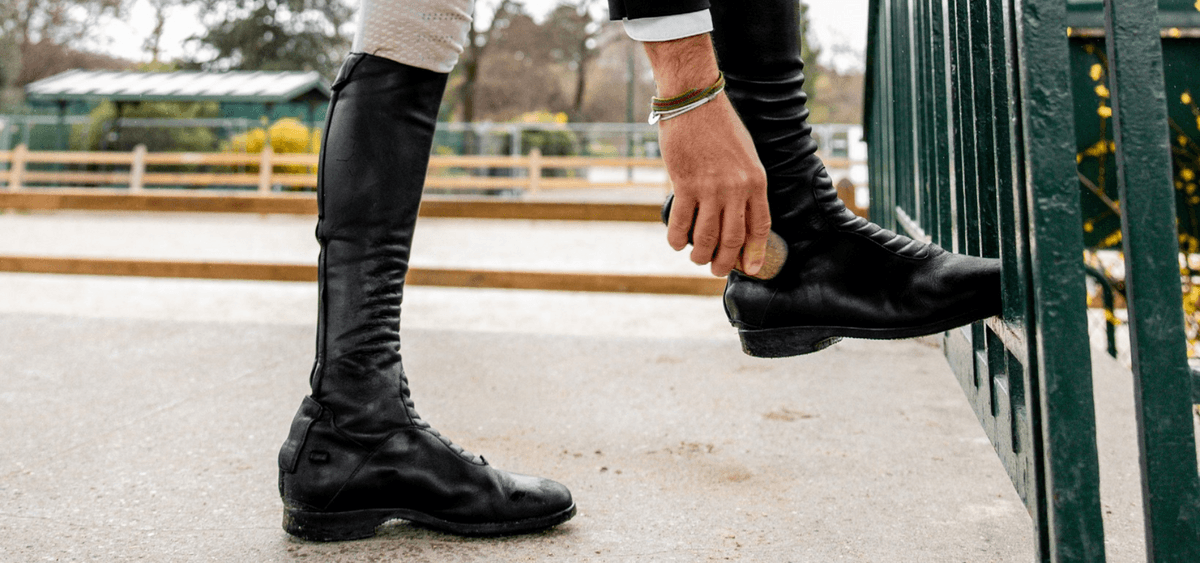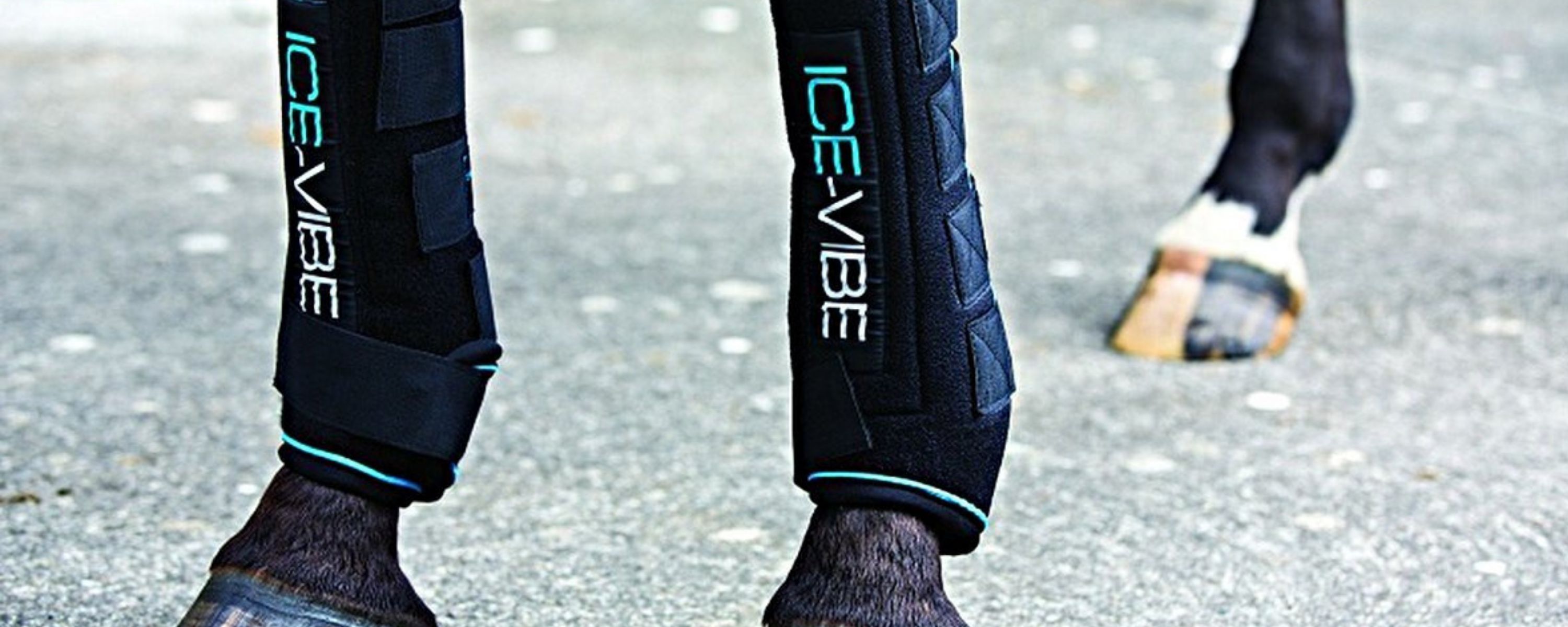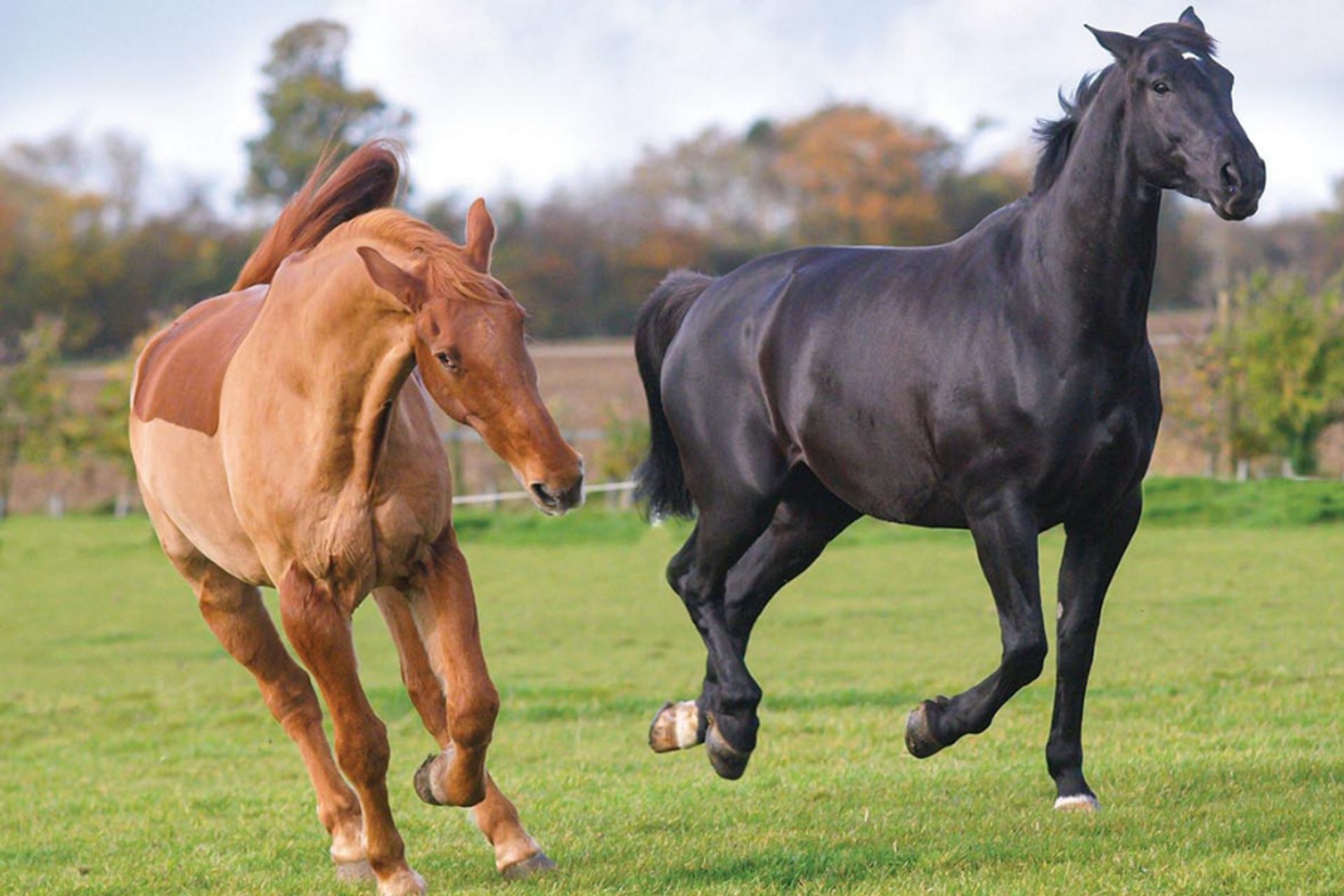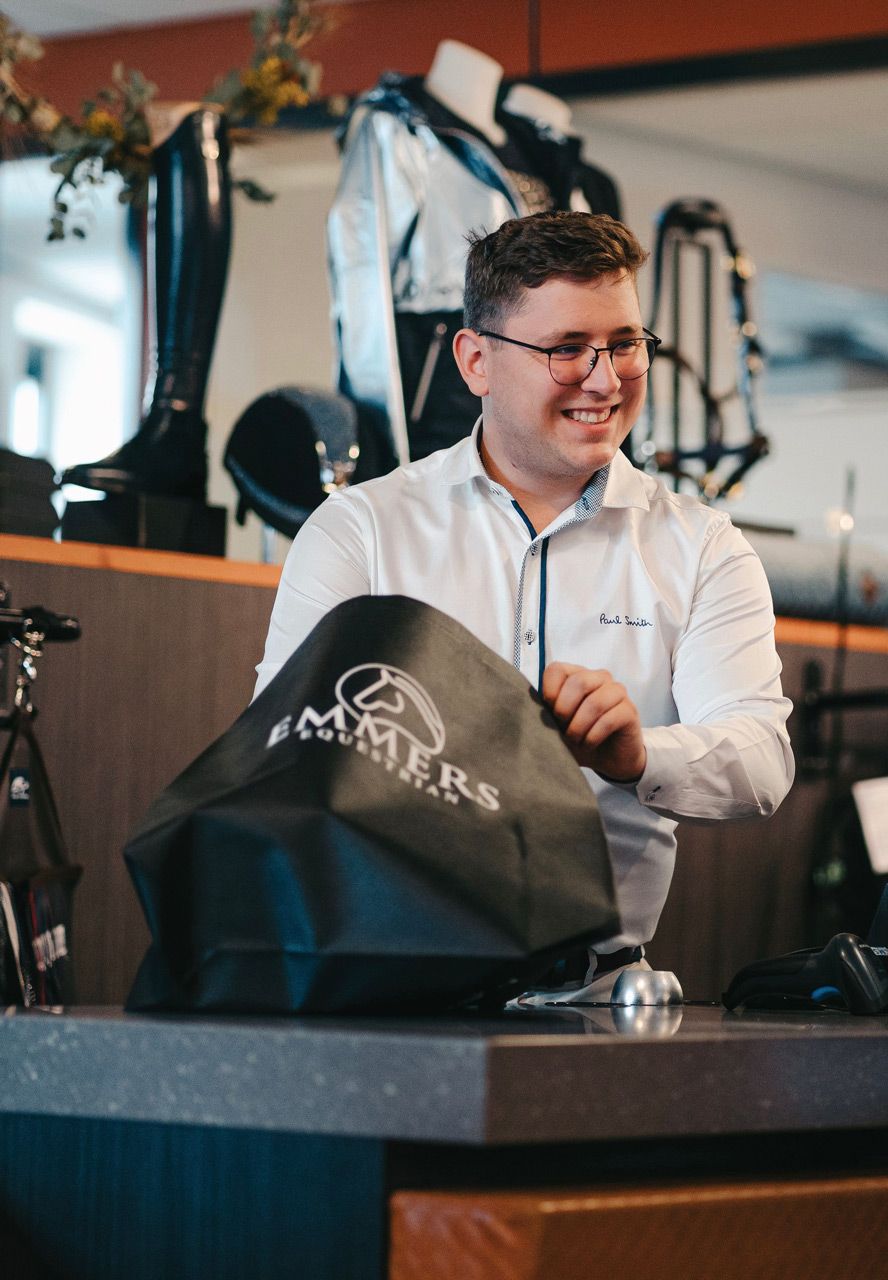In summer, temperatures inevitably rise, and each summer we increasingly deal with prolonged hot periods. During these periods, pay extra attention to your horse's care. It's important to help your horse or pony cool down during tropical temperatures, and don't forget to support your horse with its diet. You can replenish electrolytes when it gets warmer and/or if your horse sweats a lot. In this blog, we will tell you more about electrolytes, their function, and what you can do for your horse.
What are electrolytes and what are they for?
You have probably heard of electrolytes. But what exactly are they, and why are they so important? Electrolytes are salts and important minerals that carry an electrical charge. The most well-known of these are sodium, chloride, potassium, and magnesium. Electrolytes ensure a correct fluid balance, enabling sweating. Sweating is vital for horses to cope with heat. During sweating, a layer of moisture is created that will evaporate. In the winter, this layer can be seen on the woolen or cool blanket. This lowers body temperature, cooling the horse down. When a horse sweats, these salts are lost.
Electrolytes also regulate acidity levels, ensuring muscles and nerves function properly. With a lack of electrolytes, horses cannot absorb and retain fluids as well. Additionally, skin elasticity and endurance will decrease.
With significant electrolyte loss, horses need about 2 to 3 days to restore the proper ratios. Continuing to train during this recovery period will have the opposite effect due to the electrolyte deficiency. Dehydration, muscle pain, or cramps (tying-up) may also occur. Therefore, it's necessary to replenish electrolytes immediately during extreme heat or intense training periods.
When to give electrolytes
Under normal conditions, the body absorbs enough of these electrolytes from the daily diet, mainly from concentrated feed. However, during hot summer temperatures, intensive work, or when a horse sweats a lot, more salts and minerals will leave the body than is desirable. It's then important to replenish these with an electrolyte supplement.
At temperatures around 20 degrees, a horse loses about 4 liters of fluid and 30 grams of salt per hour during light work. The more intensive the work and the more the horse sweats, the greater this loss of fluid and salt. During intensive training in tropical temperatures, this can quickly rise to 18 liters of fluid and 135 grams of salt per hour. Fluid is replenished by drinking enough water. To replenish salt loss, we give the horse an electrolyte supplement. So, make sure to give your horse plenty of electrolytes during high temperatures and significant fluid loss!
Electrolyte supplements
Our electrolyte supplements come in various forms, namely liquid or powder form. Use the form that your horse finds easiest to eat or drink.
When comparing the many different electrolyte supplements, you'll notice that most contain glucose as an additive. Glucose ensures that electrolytes are quickly absorbed into the horse's body. This means that thanks to a supplement with glucose, the electrolyte levels will quickly be restored, allowing the horse to recover faster after an intense training session.
It's also important to know that excess electrolytes are excreted through urine. Because electrolytes are not stored in the body, there is no reserve for exertion or sweating. Overdosing is, with a healthy kidney function, nearly impossible. Therefore, the supplements are safe to use according to the instructions on the packaging.
Our electrolyte supplements can be easily mixed into feed or water for administration. It is important to check per supplement whether it can be given daily or only after training. Ensure your horse always has access to enough clean drinking water. In hot weather, a horse can drink 40-60 liters of water per day. Water is essential to maintain the balance between fluid and acidity levels.
General tips for hot weather
- Ensure enough clean drinking water and clean the drinking trough daily. Do not give a horse too much cold water right after training, as it increases the risk of colic.
- Horses with a lot of white or light noses are more at risk of burning. Therefore, apply sunscreen to your horse's nose.
- For horses sensitive to sunlight, we recommend specially designed sunglasses.
- Do not put your horse in the pasture during the hottest part of the day. For example, switch the pasture schedule to have the horses outside at night and inside during the day. If this is not possible, ensure there is enough shade in the field, for example, with trees or a shelter.
- Feed your horse extra hay or roughage substitutes when the nutritional values in the grass are no longer sufficient. You can see this when the grass turns yellow.
- If you can't fully rinse off your horse, use a cooling wash with a bucket, water, and sponge.
- To prevent overheating of your horse's legs and tendons, use one or more of our cooling products.
- Adjust your training schedule. Try to train early in the morning or late in the evening and do not train too hard. If this is not possible, ensure that you cool down your horse sufficiently afterward, for example, by walking it out longer than usual or rinsing the horse with water.
Do you still have questions after reading this blog? Be sure to contact us. We are happy to help you further.

